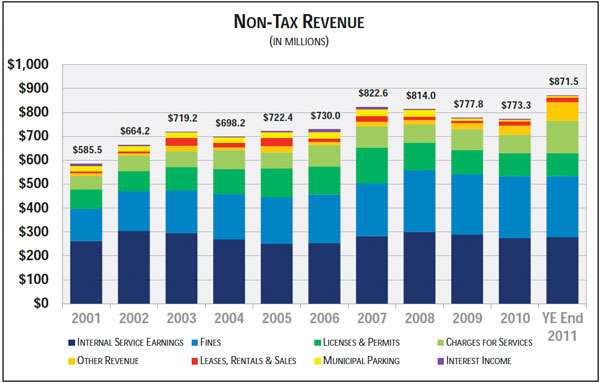Last month, my former colleagues Mick Dumke and Ben Joravsky did a piece called "The Grass Gap" for the Chicago Reader, about racial disparities in the numbers for marijuana-possession arrests and convictions in Chicago. It’s a good piece, and features a great illustration by Ray Noland, and is well worth your time. Prominent in the piece is a pretty significant quote from Toni Preckwinkle:
The racial gap has become so glaring that Cook County Board president Toni Preckwinkle says something has to change, if only because taxpayers can’t afford to continue arresting, detaining, and prosecuting low-level marijuana offenders. In an interview last week, Preckwinkle, for the first time, said what no other high-ranking local official has dared: "I think we should decriminalize possession of small amounts of marijuana, that’s for sure."
Preckwinkle added that she recently told Chicago police superintendent Garry McCarthy to "stop arresting people for small amounts of drugs, because you’re wasting our time."
Dumke and Joravsky didn’t get much from McCarthy at the time. But as Megan Cottrell of the Chicago Reporter notes, about a month later the CPD chief seemed to moderate his tone a bit following continued pressure from Preckwinkle, suggesting that citations or summonses might be a reasonable response to low-level possession.
It’s a bit of a surprise. McCarthy comes out of the NYPD, where his mentor, William Bratton, pioneered the "broken windows" theory of policing. As Mike Konczal has pointed out, in New York City during the 1990s, that meant heavy policing of misdemeanors, including marijuana possession:
Part of the “Incapacitation” strategy Frum celebrates involved putting the maximum number of arrests and maximum penalties on marijuana smokers. A 2600% increase in New York, with significantly more detainment and jail time for minorities.
Konczal also discusses the theory of "incapacitation"; it’s also a good read in light of McCarthy’s comments. Which, in the context of his training under Bratton, would represent a significant step.
Cottrell also had an interesting side note, as she reframes the tickets as a tax:
When I chatted with host Ken Davis last week on CAN TV’s Chicago Newsroom, Davis suggested it was just another revenue raising idea from a cash strapped city and county. And maybe, like red-light cameras, that means enforcement for marijuana possession would spread to wealthier, whiter communities.
If so, it would be in keeping with a decade-long trend in the city. Browsing the city’s 2011 annual financial analysis on the new chicagobudget.org site (PDF), the degree to which low-level malfeasance has increased as a revenue stream surprised me (emphasis mine):
Fines, forfeitures and penalties include parking tickets, red-light camera tickets and fines for items such as building code violations. Revenues in this area have nearly doubled since 2001, from $133.8 million to $258.8 million in 2010, accounting for 8 percent of total 2010 corporate fund revenue. This steady trend upward is the result of the increased use of technology to improve efficiency and maximize collections, including the installation of red-light cameras, the implementation of on-line bill payment systems, and additional parking enforcement field technology, as well as increased fine and penalty rates.
It’s a lot of money:



